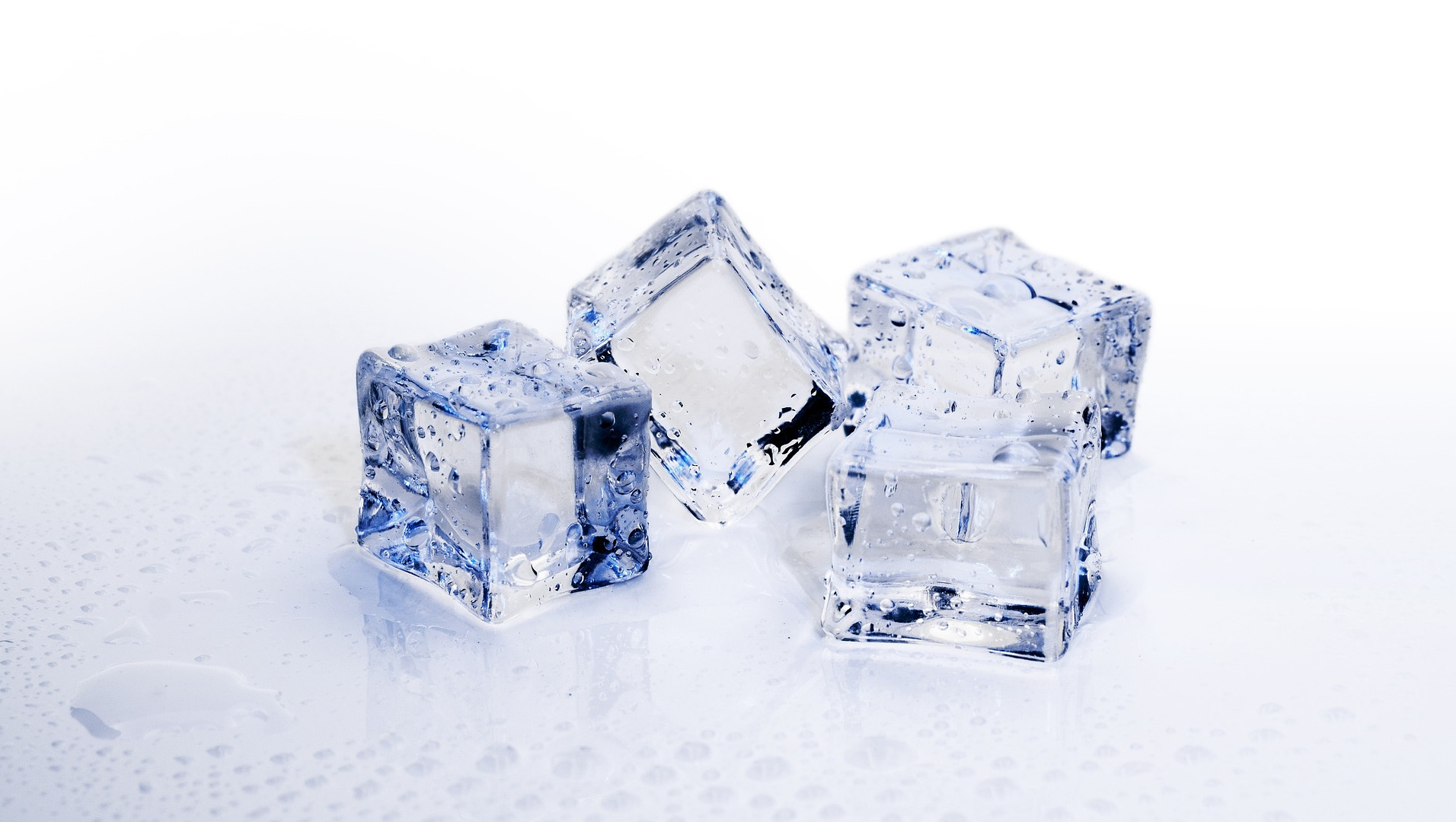Understanding and Treating Chills
Chills occur when a person feels intensely cold and may shiver uncontrollably, even while wrapped in blankets or in a warm environment. They often accompany fever but can also result from other causes like hypothermia, medications, or infections. Identifying the underlying cause of chills is crucial to addressing them effectively.
Causes of Chills
Chills are a symptom, not a condition in themselves. They can stem from a variety of causes.
- Infections: Viral or bacterial infections like colds, flu, urinary tract infections (UTIs), and pneumonia often lead to fever and chills.
- Rashes or Skin Conditions: Diseases like measles or chickenpox may include chills as a symptom.
- Medications: Certain medications can trigger chills as a side effect, mainly if they cause an allergic reaction.
- Hypothermia: Exposure to extreme cold can lower body temperature and cause chills.
- Medical Conditions: Anemia, hypothyroidism, or sepsis can also manifest with chills.
Identifying the Cause
To effectively treat chills, consider these questions:
- Does fever accompany chills?
- Are there other symptoms like a sore throat, body aches, or urinary pain?
- Have you been exposed to cold weather or wet clothing?
- Are you taking any new medications?
These answers can help pinpoint the underlying issue and guide treatment.
When to Seek Medical Attention
While chills are often harmless, they can indicate a more serious condition. Seek medical care if:
- Chills persist for more than 48 hours without an apparent cause.
- They are accompanied by a high fever (above 103°F/39.4°C).
- Symptoms like confusion, chest pain, or difficulty breathing occur.
- You suspect hypothermia or sepsis.
- An allergic reaction worsens despite antihistamines.
Lifestyle and Preventive Measures
Maintain Warmth
- Dress in layers to retain heat. Use blankets and heating pads as needed.
- Avoid rapid cooling methods like sitting in front of a fan or air conditioner when experiencing chills with fever.
Boost Immunity
A strong immune system can reduce the frequency and severity of illnesses that cause chills. Focus on:
- Eating balanced with fruits, vegetables, lean protein, and whole grains.
- Staying hydrated.
- Getting enough sleep (7-9 hours per night).
- Exercising regularly.
Hygiene Practices
Prevent infections by:
- Washing hands frequently.
- Avoiding close contact with sick individuals.
- Disinfecting commonly touched surfaces.
Home Remedies for Chills
Chills can be uncomfortable but are usually manageable with proper care and attention. Identifying the underlying cause and using appropriate remedies or over-the-counter medications can alleviate chills and address the root issue. If symptoms persist or worsen, consult a healthcare professional to ensure effective treatment.
Warm Water Sponging
For chills accompanied by fever, sponging the body with warm water can help lower the fever and reduce chills. Avoid cold water, which can cause the body to overcompensate and increase temperature.
Stay Hydrated
Dehydration can exacerbate fever and chills. Drink plenty of fluids, including water, herbal teas, and clear broths. Proper hydration supports your body’s natural temperature regulation.
Gradual Warming for Hypothermia
If chills are due to hypothermia:
- Remove wet clothing immediately.
- Wrap yourself in layers of blankets or dry clothing.
- Consume warm beverages like tea or soup to raise body temperature gradually.
- Avoid rapid heating methods, such as hot showers, which can cause shock.
Cranberry Juice for UTIs
When chills are associated with a UTI, drinking plenty of water and cranberry juice can help flush out toxins and bacteria. Cranberry juice may also prevent bacteria from adhering to the urinary tract lining. For more severe cases, over-the-counter medications like Uristat can provide additional relief.
Warm Showers
A warm shower can help alleviate chills caused by exposure to cold or mild hypothermia. Ensure the water is warm, not hot, to avoid skin irritation or shock.
Warm Beverages
Consuming warm drinks, such as herbal teas, hot chocolate, or warm lemon water, can quickly relieve chills. These beverages not only help raise body temperature but also provide hydration.
OTC Allergy Medications
If chills are due to an allergic reaction, over-the-counter antihistamines like Benadryl can help. Alongside medication, ensure you’re staying warm and hydrated until symptoms subside. Seek medical attention if symptoms persist or worsen.
Over-the-Counter Options for Chills
- Fever Reducers: Medications like acetaminophen (Tylenol) or ibuprofen (Advil) can help reduce fever, often alleviating chills.
- Electrolyte Solutions: Products like Pedialyte or electrolyte powders can support hydration, mainly if fever or vomiting occurs.
- Cold and Flu Medications: Combination medications, such as DayQuil or NyQuil, can address multiple symptoms, including chills, fever, and congestion.
- Uristat: For UTIs, this medication can temporarily relieve pain and discomfort.


